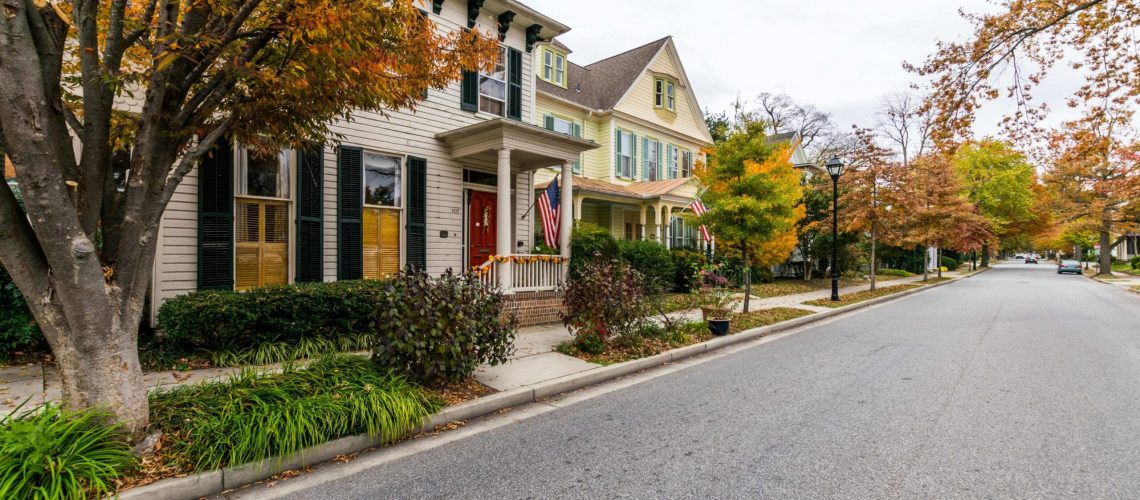If you own investment property in Maryland, you may
now save thousands of dollars under this new Law
September 2013
For many years, Maryland law has provided an exemption from recordation tax when
refinancing a mortgage that is secured by a principal residence up to the amount of the
unpaid principal balance of the loan being paid off.
Within the last few months, the scope of that recordation tax exemption has expanded and
now applies not only to individuals who are refinancing their principal residences but also to
any person or entity (i.e., LLC, Corporation, Trusts) and to any type of property, including
investment properties and second homes.
Under the new Law, the recordation tax exemption is now available to any refinancing
mortgage as long as the borrower is the original mortgagor of the current mortgage (which is
the case most of the time).
What this means for you:
If you own an investment property or second home that has a mortgage with an even
slightly than higher market interest rate, provided you qualify otherwise you can now
refinance that mortgage with zero state recordation tax. Depending upon the property, this
may cut your closing costs down by half or more, provided the paper work is prepared
correctly.
Before this Law, high recordation tax made it cost-prohibitive for many Maryland property
owners to take advantage of lower interest rates. By removing that recordation tax, the new
Maryland Law thereby opens the floodgates to refinancing in Maryland.
To find out how this law impacts you, contact Tammy Saul (formerly Tammy Lennon) at [email protected],
Partner and Expert at Federal Hill Mortgage in Baltimore.

